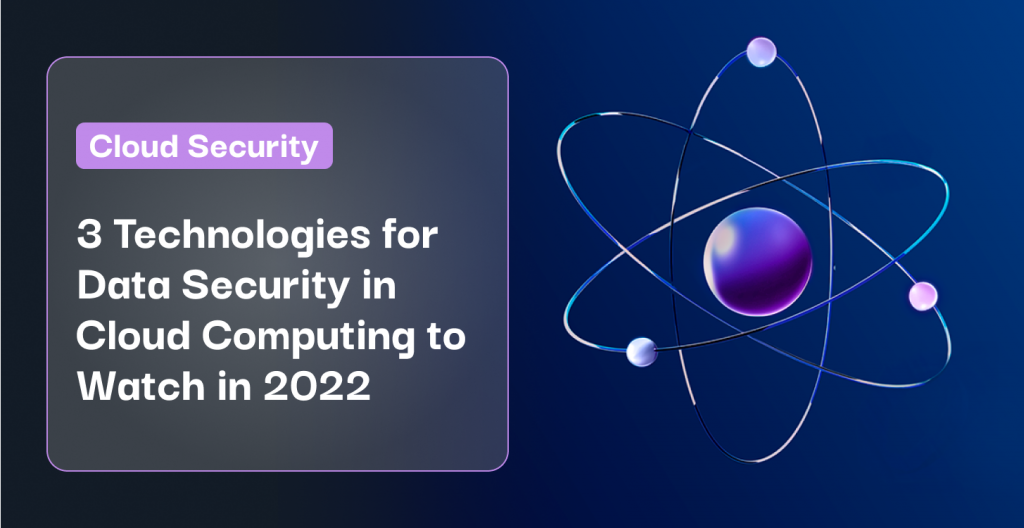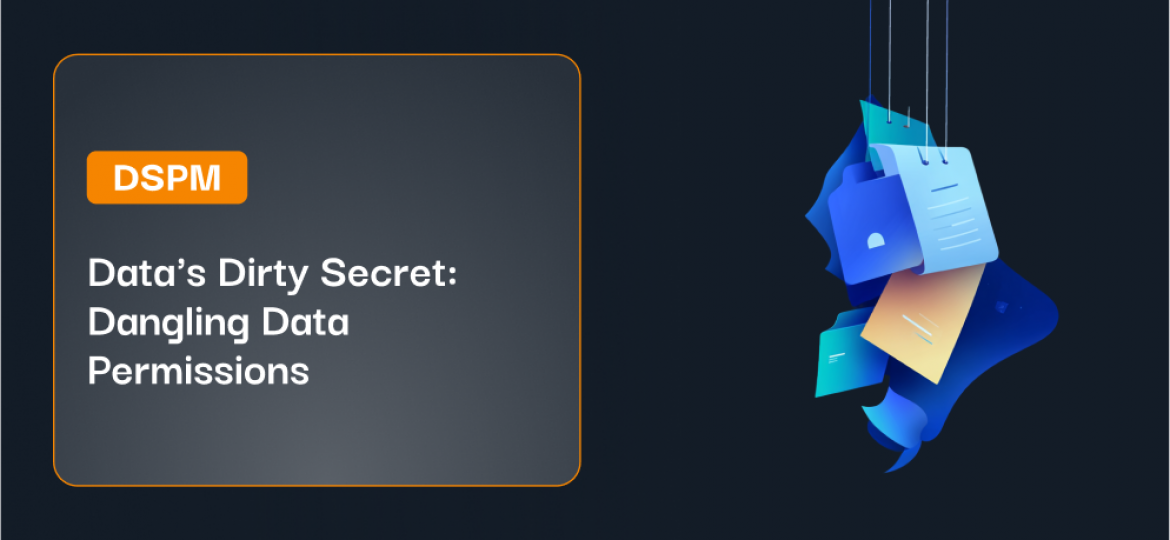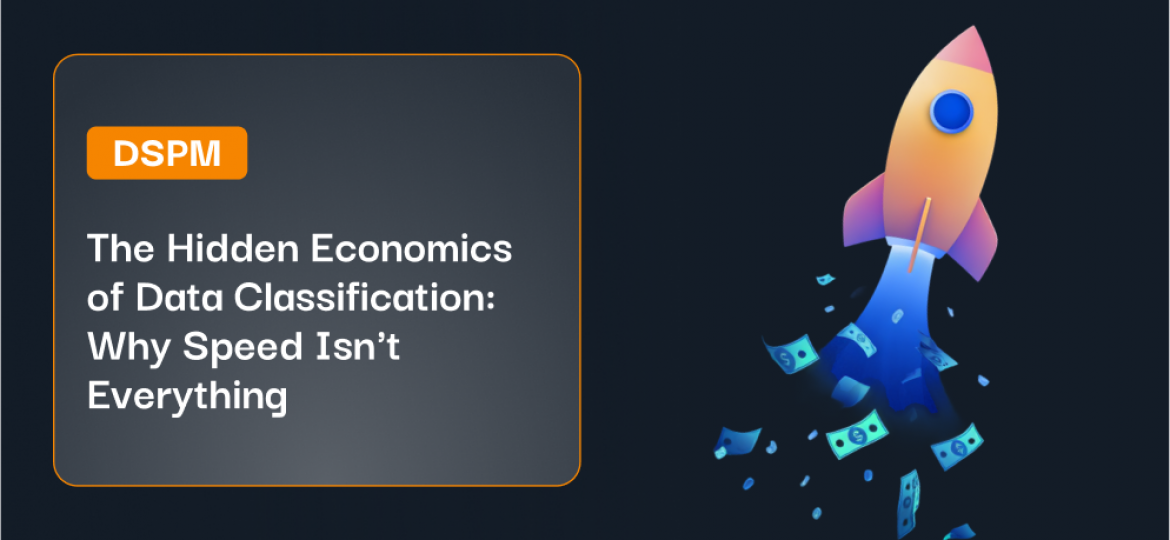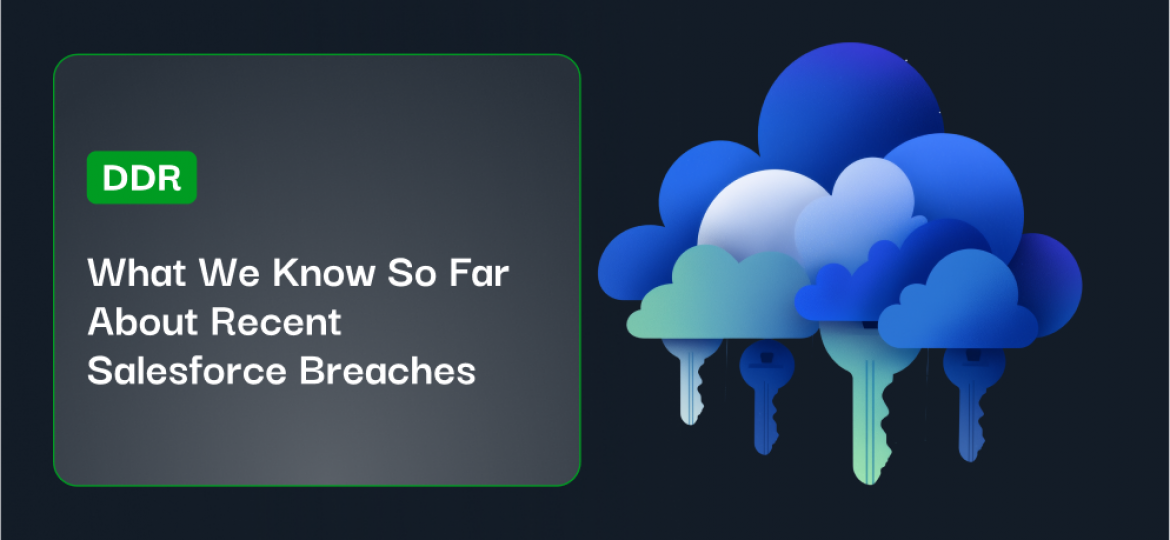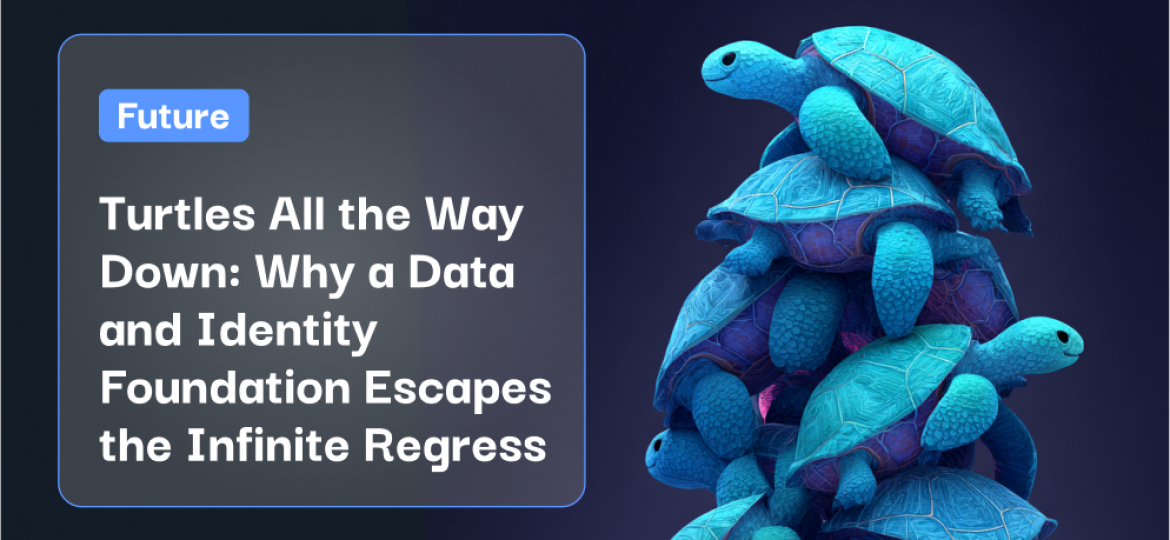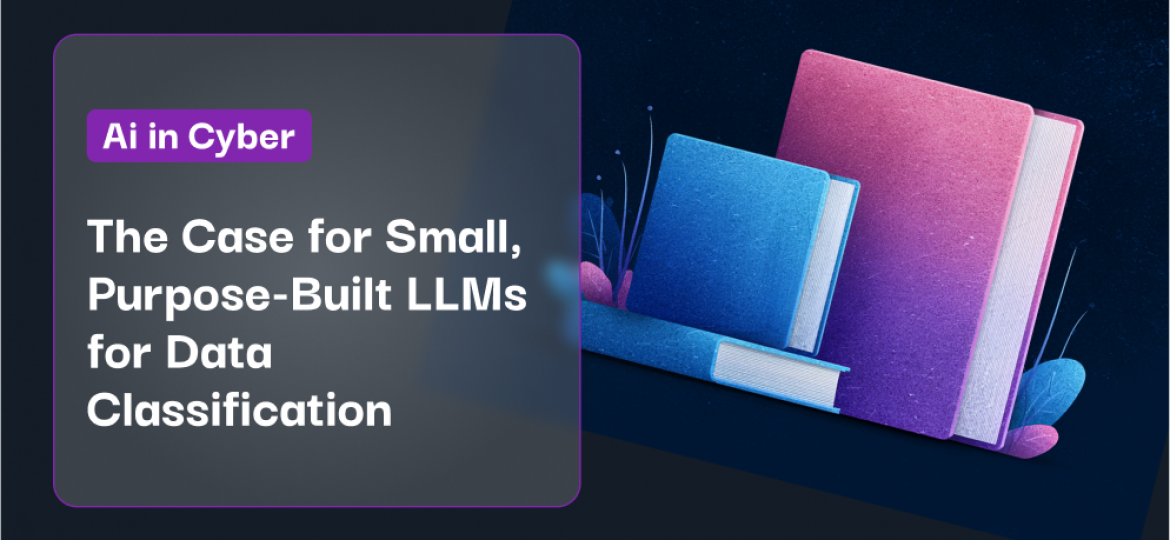Learn the security tech helping organizations adapt to the challenges of distributed work
As the COVID-19 pandemic forced companies to close their offices, much of the working world transitioned to a more distributed model. This shift was a boon for cloud computing, as exclusively on-premises IT architecture could not deliver the flexibility and functionality this new paradigm demands. But cloud computing’s advantages — like developmental speed, ease of access, etc. — don’t come without a few corresponding challenges.
The security teams responsible for the integrity of these systems must integrate the latest technologies for data security in cloud computing to ensure distributed work is as secure as it is flexible and efficient.
This blog post will explore these technologies, explain how they help cybersecurity teams protect remote work, and highlight leading cloud data security companies in each category.
Learn more about cloud data security with Cloud Data Security – The Ultimate Guide.
3 Technologies for Data Security in Cloud Computing
As more organizations house their most valuable data assets in cloud environments, security teams must adapt their approach to ensure remote work is as protected against cyber threats as its on-site counterpart. Here are three technologies for data security in cloud computing that security professionals should keep their eyes on in 2022.
Hybrid Cloud Security Platforms
Hybrid clouds combine on-premises and multi-cloud technology to provide applications, data storage, and other services to a business. This approach enables organizations to diversify their data asset storage according to security concerns.
But companies that leverage hybrid cloud data storage should consider investing in security solutions designed to meet the unique challenges of that architecture. Hybrid cloud security solutions cover the various levels of a distributed network, surfacing the entire data landscape, identifying weaknesses, and detecting potential breaches. This helps organizations maintain the safety of their data assets no matter where their employees are or what applications they’re using.
Symmetry Systems DataGuard is a hybrid multi-cloud data security platform that gives security teams complete visibility into every data flow and store — regardless of location. Through organization-wide risk maps, customizable data firewall alerts, and granular activity monitoring, this solution provides organizations with the tools they need to protect their data.
Identity and Access Management Platforms
Identity and access management (IAM) provides control over who has access to what and where. Although IAM has always been an essential element of a robust cyber security strategy, the rise of remote work has made this tech even more critical. In a recent survey by The Security Ledger, 98% of IT decision-makers stated that IAM was crucial to cybersecurity for remote work.
For an organization to successfully support distributed work, they need to give their employees access to proprietary data while accounting for more variability than an in-office environment. IAM solutions built to handle remote work often leverage contextual signals, least-privileged access, multi-factor authentication (MFA), granular access controls, and machine learning to significantly reduce the likelihood of unwanted access.
One of the leading IAM solutions for cloud or hybrid cloud environments is Okta. Okta offers everything from standard features like MFA to innovative capabilities like intelligent security that leverages data from across their network to identify threats.
Cloud Data Encryption
In distributed work environments, data flows between individual users and cloud applications are particularly susceptible to compromise. While many cloud service providers offer encryption services, these don’t always provide the level of protection that security teams need to optimize for remote work. This means that security teams should review the range of encryption options available – from cloud-native encryption to bring-your-own encryption – and apply different approaches depending on the data category.
That being the case, security leaders may need to invest in a dedicated cloud encryption solution to handle some data assets and ensure their distributed workforce can operate safely. One of the best tools in this space is Baffle. Supporting bring your own key (BYOK) requirements, Baffle is a no-code, easy-to-implement encryption solution specifically designed for cloud and hybrid cloud environments. The solution provides robust encryption at scale, capable of handling tens of billions of records without impeding performance.
Protecting Data in the Hybrid Cloud
Even before the pandemic began, experts estimated that 70% of the workforce would spend at least a quarter of their work schedule remote. COVID has accelerated that transition, pushing companies to adopt the tech that best supports distributed work. Security teams must become increasingly adept at securing data stored in cloud and hybrid cloud environments to keep in step with this process.
An essential component of this security strategy — especially for complex, hybrid multi-cloud architectures — is a comprehensive view of an organization’s data landscape. For security teams looking to achieve this level of visibility and control, DataGuard offers a powerful solution. DataGuard provides a custom risk map of an organization’s data stores, uncovers security liabilities like loose/overprivileged credentials and sensitive dormant data, and accelerates breach detection and response. If you’re interested in seeing how DataGuard could help raise your organization’s data security posture, reach out and we’ll set you up with a demo that suits your schedule.

